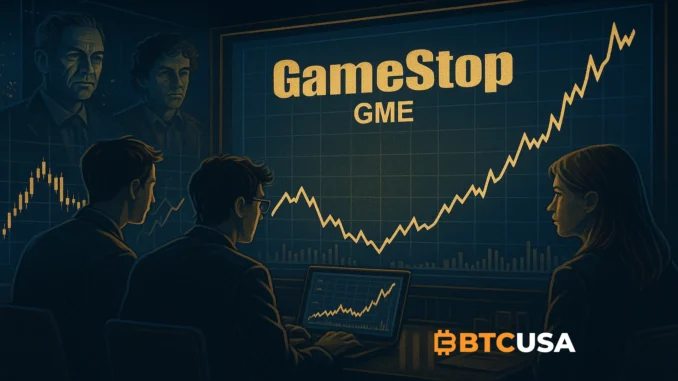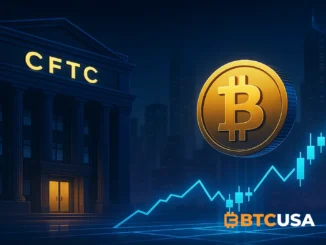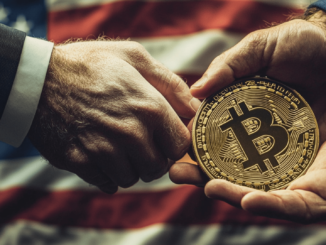
The quiet groundwork behind the 2021 GameStop explosion
In January 2021, a group of retail investors led by the now-famous Roaring Kitty coordinated on Reddit to drive GameStop stock into a historic short squeeze. The move sent shockwaves through Wall Street and became the inspiration for the movie Dumb Money.
But new information reveals that this dramatic moment was not the true beginning of the story. Behind the scenes, quiet but decisive action had already been unfolding as early as 2019.
GameStop on the edge in 2019
By 2019, GameStop was rapidly declining. Its stock price had fallen to historic lows, investor confidence was fading, and the company’s leadership showed little urgency in implementing meaningful change. Many had already written the company off as a lost cause in the face of digital competition.
It was during this critical period that a well-known figure stepped in.
Michael Burry steps into the picture
Michael Burry, the investor portrayed in The Big Short and known for predicting the 2008 financial crisis, owned roughly 3% of GameStop at the time. Concerned by the company’s stagnant leadership and strategic inertia, he sent a series of letters to the board of directors.
In those letters, Burry demanded bold action. He pushed for a massive share buyback of $237 million, a reduction in what he viewed as excessive board compensation, and the removal of four long-standing directors who had occupied their roles for nearly two decades. He also urged the company to bring in new leadership with real experience in retail and technology.
His criticism was blunt: the board was destroying value and slowing the company’s recovery.
Eventually, parts of the board did step down, and structural changes were made. Burry later confirmed these developments in internal correspondence.
Keith Gill supported the thesis early on
At the same time, another name was quietly entering the picture. In August 2019, Keith Gill, who would later be known worldwide as Roaring Kitty, reached out to Burry by letter.
In his message, Gill expressed strong agreement with Burry’s position. He described himself as a value investor who believed GameStop was deeply undervalued by the market. Despite admitting that it was “one of the ugliest charts” he had ever seen, he said he continued to accumulate both shares and options.
This was more than speculation. It was a long-term, conviction-driven bet against prevailing market sentiment.
Ryan Cohen prepares a new vision for GameStop
Just two months later, in October 2019, Ryan Cohen — founder of Chewy and future leader of GameStop — also contacted Burry. Cohen revealed that he was a major shareholder and expressed interest in discussing a strategic plan for the company’s turnaround.
Not long after, Cohen joined the board of directors and became the central figure in GameStop’s transformation effort. Under his guidance, the company shifted its vision toward e-commerce, digital assets, and a redefined retail identity.
The meme rally was a climax, not the beginning
What the world witnessed in 2021 looked like a sudden uprising of retail investors against Wall Street. In reality, the foundation for that moment had been laid years earlier.
Three independent actors — Burry, Gill, and Cohen — all recognized the hidden potential in GameStop around the same time. Each of them, in their own way, tried to influence the company’s trajectory from the inside. The viral short squeeze was not the start of the story. It was the explosive culmination of a slow, strategic, and largely unseen buildup that began back in 2019.


